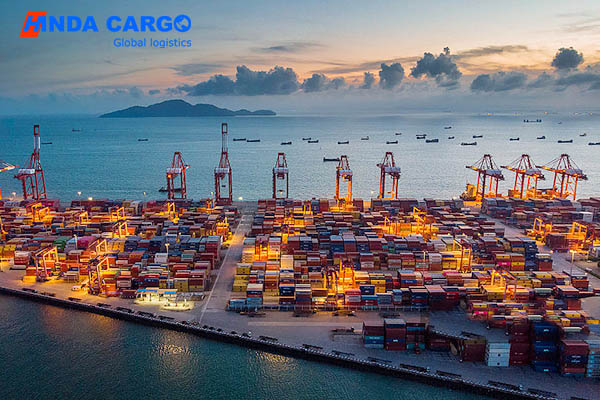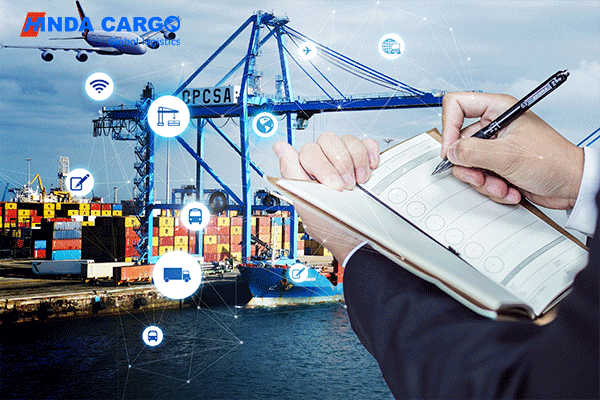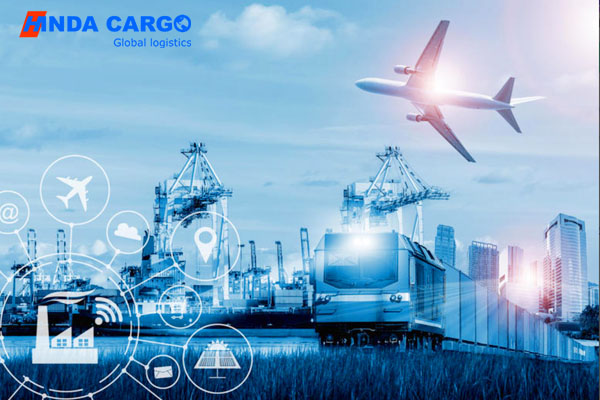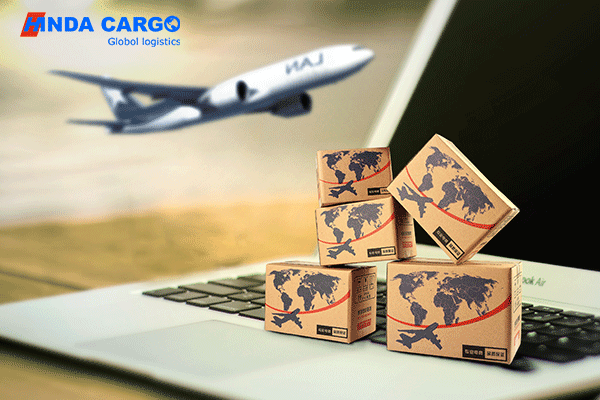What is the difference between a carrier and a freight forwarder?
Driven by the global economy, the logistics and freight industries have become an important part of modern trade. Businesses and consumers are increasingly relying on efficient and reliable freight transportation services. In this process, carriers and freight forwarders are two key roles, but their responsibilities and functions are often confusing.
To clarify this issue, this article will delve into the differences between carriers and freight forwarders to help readers better understand the roles they play in the freight process.

What is a carrier?
Carrier: The direct person responsible for transportation
A carrier is a company or individual who is directly responsible for the transportation of goods. They own or lease transportation tools, such as trucks, ships, airplanes or trains, and use these tools to transport goods from the place of shipment to the destination. The carrier is responsible for the safety and on-time arrival of the goods during transportation.
The main responsibilities of the carrier:
1. Providing transportation tools and services: The carrier provides direct transportation services through its own or leased transportation tools. This includes the actual transportation operations from warehouse to port, from port to destination, etc.
2. Signing a transport contract: The carrier signs a transport contract with the cargo owner (shipper) to clarify the terms of transport, freight, responsibilities and obligations.
3. Cargo management: During the transportation process, the carrier is responsible for the loading and unloading, storage and transportation of the goods to ensure that the goods are not damaged or lost during transportation.
4. Transport insurance: The carrier usually needs to insure the goods during transportation to prevent accidents during transportation and be able to compensate the cargo owner for losses.
Types of carriers:
Carriers can be divided into different types according to the transportation methods and service scope they provide:
● Ocean carriers: such as Maersk and COSCO, they transport goods by sea through ships.
● Air carriers: such as FedEx, UPS and DHL, these companies provide fast air transportation services through aircraft.
● Land carriers: such as YRC Worldwide and Schneider National, these companies provide land transportation services by truck or train.

What is a freight forwarder?
Freight forwarder: organizer of logistics services
Freight forwarders are intermediaries that arrange and manage the transportation of goods for cargo owners. They do not directly undertake the transportation of goods, but work with multiple carriers to provide customers with the best transportation solutions. Freight forwarders play a bridging and coordinating role in the entire transportation process.
Main responsibilities of freight forwarders:
1. Transportation consultation and solution design: Freight forwarders design the most suitable transportation solutions based on customer needs and the characteristics of the goods. This includes choosing the appropriate mode of transportation, route and carrier.
2. Booking transportation services: Freight forwarders contact various carriers to book cabins, aircraft spaces or parking spaces, and coordinate the connection of different transportation links.
3. Handling customs declaration and customs clearance procedures: Freight forwarders are responsible for handling customs declaration, customs clearance and other procedures for import and export goods for customers to ensure that the goods pass through customs smoothly.
4. Logistics management and tracking: Freight forwarders track the transportation process of goods, provide real-time information feedback, and solve problems in a timely manner when they arise.
5. Comprehensive logistics services: Freight forwarders can also provide value-added services such as warehousing, packaging, and distribution to provide customers with one-stop comprehensive logistics solutions.
Types of freight forwarders:
Freight forwarders can be divided into the following categories according to their service scope and business type:
●International freight forwarders: such as Expeditors and Kuehne + Nagel, these companies focus on international freight transportation and logistics management.
●Domestic freight forwarders: such as XPO Logistics and C.H. Robinson, these companies mainly provide services for domestic transportation.
●Integrated logistics service providers: such as DHL and UPS Supply Chain Solutions, these companies not only provide freight forwarding services, but also include integrated logistics services such as warehousing, distribution, and supply chain management.

What are the main differences between carriers and freight forwarders?
1. Roles and responsibilities
●Direct responsibility vs. intermediary role: The carrier is directly responsible for the actual transportation of the goods and is directly responsible for the safety and timely arrival of the goods. The freight forwarder, as an intermediary, is responsible for organizing and managing the transportation process and does not directly bear the transportation responsibility.
●Contractual relationship: The carrier directly signs a transportation contract with the cargo owner to clarify the transportation terms and responsibilities. The freight forwarder signs a service contract with the cargo owner and a transportation contract with the carrier at the same time, responsible for coordinating and managing transportation services.
●Transportation tools: The carrier owns or leases transportation tools and is responsible for specific transportation operations. Freight forwarders do not own transportation tools, but provide comprehensive transportation solutions by cooperating with multiple carriers.
2. Responsibilities and risks
●Risk bearing: During the transportation process, the carrier bears the main responsibility for the damage or loss of the goods and needs to pay compensation. Freight forwarders do not directly bear the transportation risks in most cases unless the loss is caused by their negligence or mistakes.
●Insurance arrangements: Carriers usually need to insure the goods to protect the risks during transportation. Freight forwarders can assist customers in handling cargo insurance to ensure that the risks during transportation are effectively covered.
3. Service scope and flexibility
●Service scope: The service scope of the carrier is mainly concentrated in specific transportation links, such as sea, air or land transportation. The service scope of freight forwarders is wider, covering multiple links such as transportation consulting, solution design, customs clearance, logistics management, etc.
●Flexibility: Freight forwarders are not limited to their own transportation tools. They can flexibly choose the most suitable carriers and transportation solutions according to customer needs and provide more personalized and customized services.

Actual case analysis
1. FedEx
As a world-renowned logistics company, FedEx plays the role of both a carrier and a freight forwarder in some businesses. For example, FedEx Express is mainly responsible for the rapid transportation of packages and documents, directly bears the responsibility for transportation, and is obviously a carrier. In international trade and integrated logistics solutions, FedEx also provides freight forwarding services, assists customers in customs declaration, designs transportation plans, and acts as an organizer of logistics services.
2. Maersk
Maersk is one of the world's largest container shipping companies and a typical ocean carrier. Maersk owns a large number of ships and containers and is directly responsible for the sea transportation of goods. However, Maersk has also been expanding its logistics services in recent years, providing freight forwarding and supply chain management services through its subsidiary Damco to help customers optimize their global logistics networks.
3. DHL
DHL is a typical representative of integrated logistics service providers, providing both express and freight services, and acting as a freight forwarder to provide customers with a full range of logistics solutions. DHL's business covers express delivery, international freight, supply chain management, e-commerce logistics and other fields, and it flexibly plays the role of carrier and freight forwarder.




